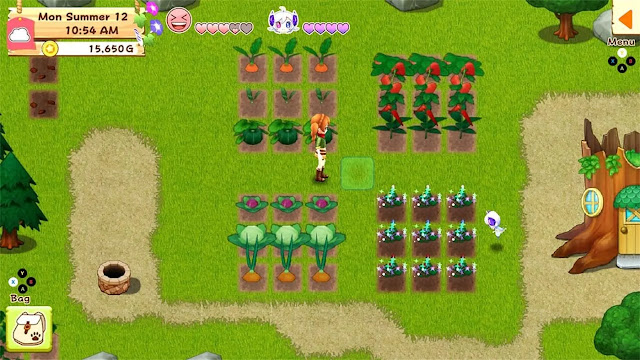Parlor Tricks

We are no better than the Victorians. While our parlor tricks have turned into TV shows and ghost hunting, we are still doing them; the only difference now is we have paranormal science and gadgets, which are sometimes not even reliable. Lets get into it and dig deeper. Courtesy of Pinterest If you asked Houdini (you can't, he's dead) where to find a non-fraud medium he'd tell you not to bother. Houdini put out a challenge way back when that stated any medium or psychic proving their power would win the grand prize of 10,000 dollars. Many tried, but none succeeded, and here we are still watching them on TV. What's wrong with us? The Victorian era had a way of playing parlor games to contact the dead. Smart, no, but they sure thought it was fun. Not all these parlor games were about the dead (let's be real, some of them must have learned not to mess with it), but Halloween was all about the spooky. The innocent parlor games actually sound like boatloads of fun to ...





